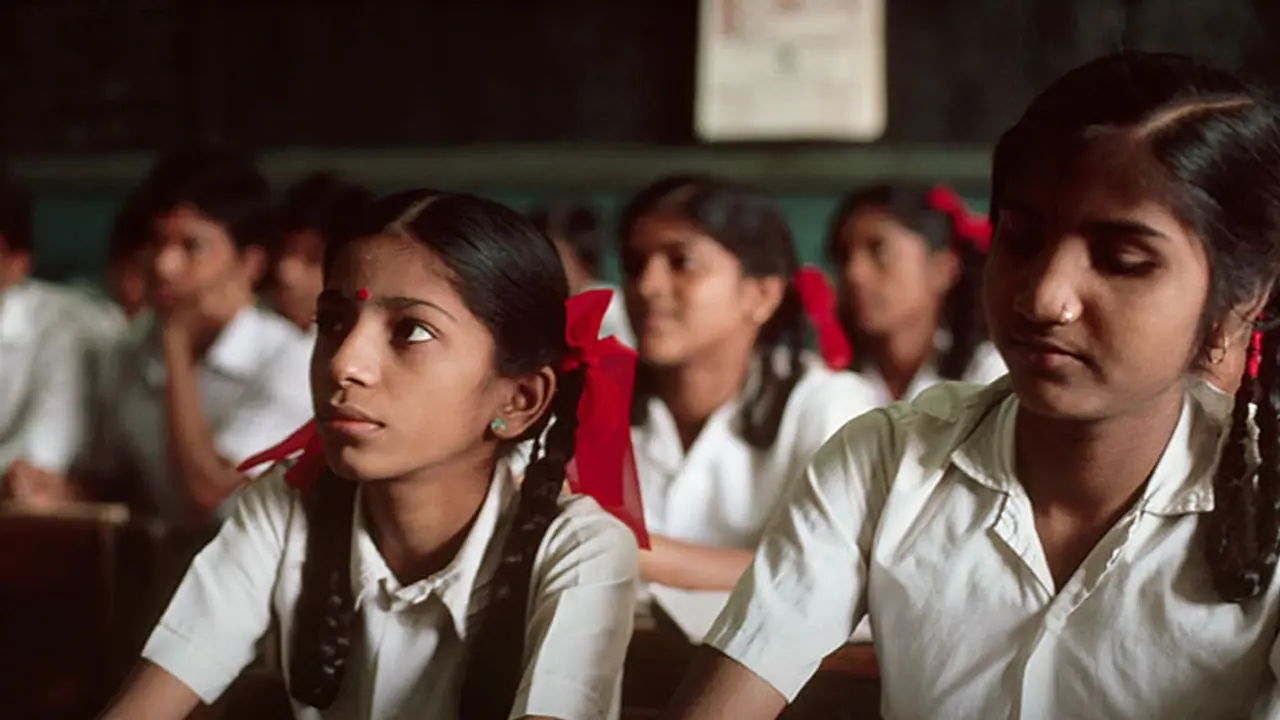The RTE was passed to give poor students seats in prestigious schools. However, rich schools have tried every trick in the book to circumvent the RTE. When poor students are forced to quit, or pay fees secretly, how useful is the RTE?
The Right To Education Act (RTE), was formed with the best of intentions. At its simplest, the act seeks to ensure that students from poor backgrounds still manage to get some seats at prestigious schools across the country.

However, as perhaps should be anticipated, schools which cater to the rich and elite have not shown any enthusiasm to admit poor students, for lower fees. Indeed, ever since the act has been implemented, schools have found various ways to circumvent the RTE.
Education activists in Bengaluru have documented the ways and means that private schools adopt to ensure poor students who enrolled under the RTE withdraw from the classes. The various unsavoury means include ignoring the students when other children bully them for their poverty, providing them with less attention and demotivating them.
Such methods seem to be the 'mantra' adopted by private schools to defeat the purpose of the RTE.
And the schools are certainly succeeding. Venkataraman Iyer, the founder of the Swabhimaan Trust, feels frustrated. Speaking to Asianet Newsable, he said that after working for three years to get poor children into private schools, he now feels the RTE is meaningless.
The system, he said, was designed in such a way that a poor child admitted under the RTE is bullied, humiliated and demotivated to such an extent that they stop going to school.
"Teachers ignore them when they are bullied. When they score low marks, they are put down. Children from well-to-do families take private tuitions and show good learning skills. As these poor children cannot get these facilities, they tend to lag behind," said Iyer.
On the other hand, D Sashi Kumar, General Secretary, Karnataka Associated Management of English Medium Schools, pointed out the loopholes that fail to check fake admissions under the RTE,
"A complaint has been filed with the Karnataka Lokayukta that as over 70 percent of cases under the RTE admission have given false income records, " he said.
Activists counter by accusing officials of being hand-in-glove, alleging that the act is being misused.
Amid all of this, the case of Philomena, a coolie worker who spoke to Asianet Newsable, best reflects the irony of the situation. Philomena's grandson was admitted to a school under the RTE, which she did not wish to name,
"The school charges me Rs 10,000 in fees every year anyway, despite the RTE. And they do not even provide me with bills for the fees," she lamented. As stated earlier, the act was created with the best of the intentions, but somewhere down the line, it seems to have largely failed in its implementation.
